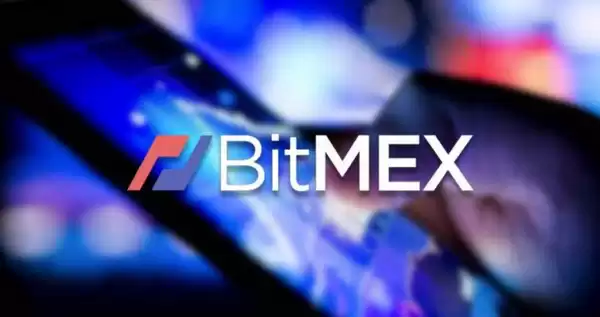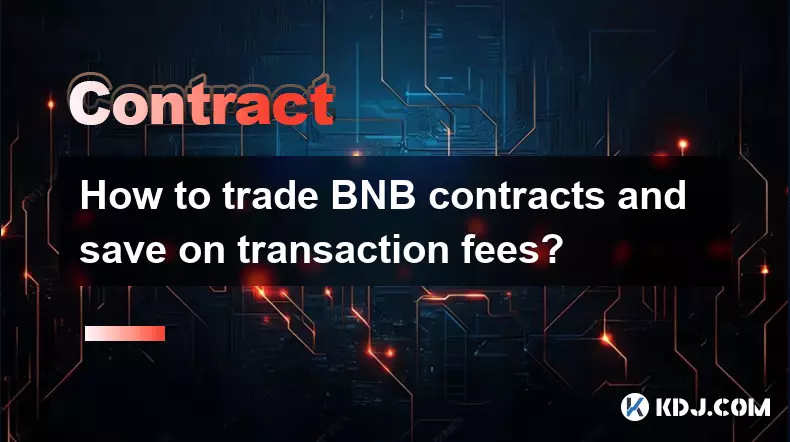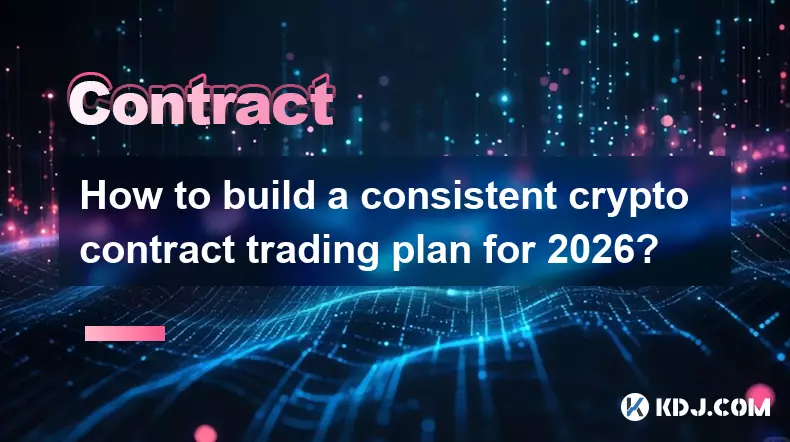-
 bitcoin
bitcoin $87959.907984 USD
1.34% -
 ethereum
ethereum $2920.497338 USD
3.04% -
 tether
tether $0.999775 USD
0.00% -
 xrp
xrp $2.237324 USD
8.12% -
 bnb
bnb $860.243768 USD
0.90% -
 solana
solana $138.089498 USD
5.43% -
 usd-coin
usd-coin $0.999807 USD
0.01% -
 tron
tron $0.272801 USD
-1.53% -
 dogecoin
dogecoin $0.150904 USD
2.96% -
 cardano
cardano $0.421635 USD
1.97% -
 hyperliquid
hyperliquid $32.152445 USD
2.23% -
 bitcoin-cash
bitcoin-cash $533.301069 USD
-1.94% -
 chainlink
chainlink $12.953417 USD
2.68% -
 unus-sed-leo
unus-sed-leo $9.535951 USD
0.73% -
 zcash
zcash $521.483386 USD
-2.87%
How to calculate BitMEX contract profits
Calculating BitMEX contract profits involves considering entry and exit points, contract quantity, leverage, margin interest, and maintenance margin to determine net profit.
Nov 14, 2024 at 10:24 pm

How to Calculate BitMEX Contract Profits: A Comprehensive Guide
Calculating Contract Profits on BitMEX- Understand the Basics of BitMEX Contracts
- Determine Your Entry and Exit Points
- Calculate Profit Based on Contract Quantity
- Factor in Leverage
- Consider Margin Interest
- Account for Maintenance Margin
- Calculate Net Profit
1. Understand the Basics of BitMEX Contracts
BitMEX offers perpetual contracts that allow traders to speculate on the future price of cryptocurrencies. These contracts are leveraged, meaning that traders can control a larger notional value than their initial deposit. Perpetual contracts have no expiration date and can be held indefinitely.
2. Determine Your Entry and Exit Points
The entry point is the price at which you buy (go long) or sell (go short) a contract. The exit point is the price at which you close the contract and realize your profit or loss.
3. Calculate Profit Based on Contract Quantity
Contract profit is calculated by determining the difference between the entry and exit prices and multiplying the result by the contract quantity. If you went long, a positive difference indicates a profit, while a negative difference indicates a loss. If you went short, a negative difference indicates a profit while a positive difference indicates a loss.
4. Factor in Leverage
Leverage is a multiplier that increases the notional value of your trade. Using leverage can magnify both profits and losses. For example, if you deposit $100 into BitMEX and use 10x leverage, you can control a $1,000 position.
5. Consider Margin Interest
Margin interest is a fee charged by BitMEX for the amount of time you hold a leveraged position. Margin interest is calculated daily and can eat into your profits over time.
6. Account for Maintenance Margin
Maintenance margin is the minimum equity required to maintain a leveraged position. If your equity falls below the maintenance margin level, your position will be liquidated.
7. Calculate Net Profit
Net profit is your total profit minus any margin interest expenses. Net profit represents your overall return on your BitMEX contract trade.
Additional Tips:- Use a Contract Calculator: BitMEX provides a contract calculator that can automate the profit calculation process.
- Understand Stop-Loss Orders: Use stop-loss orders to limit your potential losses.
- Manage Risk: Leverage is a powerful tool but can also lead to significant losses. Use leverage cautiously and set clear risk parameters.
- Practice on a Demo Account: BitMEX offers a demo account to practice trading and calculate profits without risking real funds.
- Seek Expert Advice if Needed: If you are not familiar with contract trading, consider seeking advice from a financial expert or experienced trader.
Disclaimer:info@kdj.com
The information provided is not trading advice. kdj.com does not assume any responsibility for any investments made based on the information provided in this article. Cryptocurrencies are highly volatile and it is highly recommended that you invest with caution after thorough research!
If you believe that the content used on this website infringes your copyright, please contact us immediately (info@kdj.com) and we will delete it promptly.
- Big Apple Bit: Bitcoin's Rebound Hides a Deeper Dive, Say Wave 3 Watchers
- 2026-02-04 07:00:03
- DeFi Vaults Poised for 2026 Boom: Infrastructure Matures, Yield Optimization and Liquidity Preferences Shape the Future
- 2026-02-04 06:50:01
- Royal Canadian Mint Unveils 'Gold Dime' with Astounding High Value, Captivating Collectors
- 2026-02-04 06:55:01
- Datavault AI Dives into Digital Collectibles with Dream Bowl Meme Coin II, Navigating the Wild West of Web3
- 2026-02-04 06:30:02
- New VistaShares ETF Merges Bitcoin and Treasuries for Enhanced Income
- 2026-02-04 06:55:01
- Epstein's Bitcoin Bet: Newly Uncovered Statements Detail Dark Figure's Early Crypto Foray
- 2026-02-04 06:40:02
Related knowledge

How to close a crypto contract position manually or automatically?
Feb 01,2026 at 11:19pm
Manual Position Closure Process1. Log into the trading platform where the contract is active and navigate to the 'Positions' or 'Open Orders' tab. 2. ...

How to understand the impact of Bitcoin ETFs on crypto contracts?
Feb 01,2026 at 04:19pm
Bitcoin ETFs and Market Liquidity1. Bitcoin ETFs introduce institutional capital directly into the spot market, increasing order book depth and reduci...

How to trade DeFi contracts during the current liquidity surge?
Feb 01,2026 at 07:00am
Understanding Liquidity Dynamics in DeFi Protocols1. Liquidity surges in DeFi are often triggered by coordinated capital inflows from yield farming in...

How to use social trading to copy crypto contract experts?
Feb 02,2026 at 07:40am
Understanding Social Trading Platforms1. Social trading platforms integrate real-time market data with user interaction features, enabling traders to ...

How to trade BNB contracts and save on transaction fees?
Feb 03,2026 at 12:39am
Understanding BNB Contract Trading Mechanics1. BNB contracts are derivative instruments traded on Binance Futures, allowing users to gain leveraged ex...

How to build a consistent crypto contract trading plan for 2026?
Feb 02,2026 at 10:59pm
Defining Contract Specifications1. Selecting the underlying asset requires evaluating liquidity depth, historical volatility, and exchange support acr...

How to close a crypto contract position manually or automatically?
Feb 01,2026 at 11:19pm
Manual Position Closure Process1. Log into the trading platform where the contract is active and navigate to the 'Positions' or 'Open Orders' tab. 2. ...

How to understand the impact of Bitcoin ETFs on crypto contracts?
Feb 01,2026 at 04:19pm
Bitcoin ETFs and Market Liquidity1. Bitcoin ETFs introduce institutional capital directly into the spot market, increasing order book depth and reduci...

How to trade DeFi contracts during the current liquidity surge?
Feb 01,2026 at 07:00am
Understanding Liquidity Dynamics in DeFi Protocols1. Liquidity surges in DeFi are often triggered by coordinated capital inflows from yield farming in...

How to use social trading to copy crypto contract experts?
Feb 02,2026 at 07:40am
Understanding Social Trading Platforms1. Social trading platforms integrate real-time market data with user interaction features, enabling traders to ...

How to trade BNB contracts and save on transaction fees?
Feb 03,2026 at 12:39am
Understanding BNB Contract Trading Mechanics1. BNB contracts are derivative instruments traded on Binance Futures, allowing users to gain leveraged ex...

How to build a consistent crypto contract trading plan for 2026?
Feb 02,2026 at 10:59pm
Defining Contract Specifications1. Selecting the underlying asset requires evaluating liquidity depth, historical volatility, and exchange support acr...
See all articles





















![[FULL STORY] My grandfather left me his [FULL STORY] My grandfather left me his](/uploads/2026/02/03/cryptocurrencies-news/videos/origin_6981f669e270a_image_500_375.webp)




















































